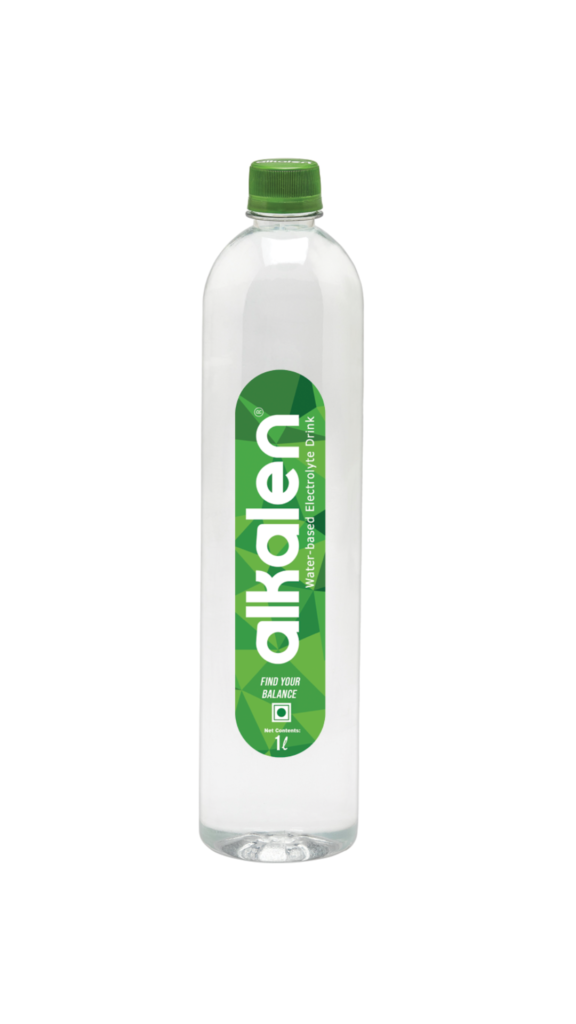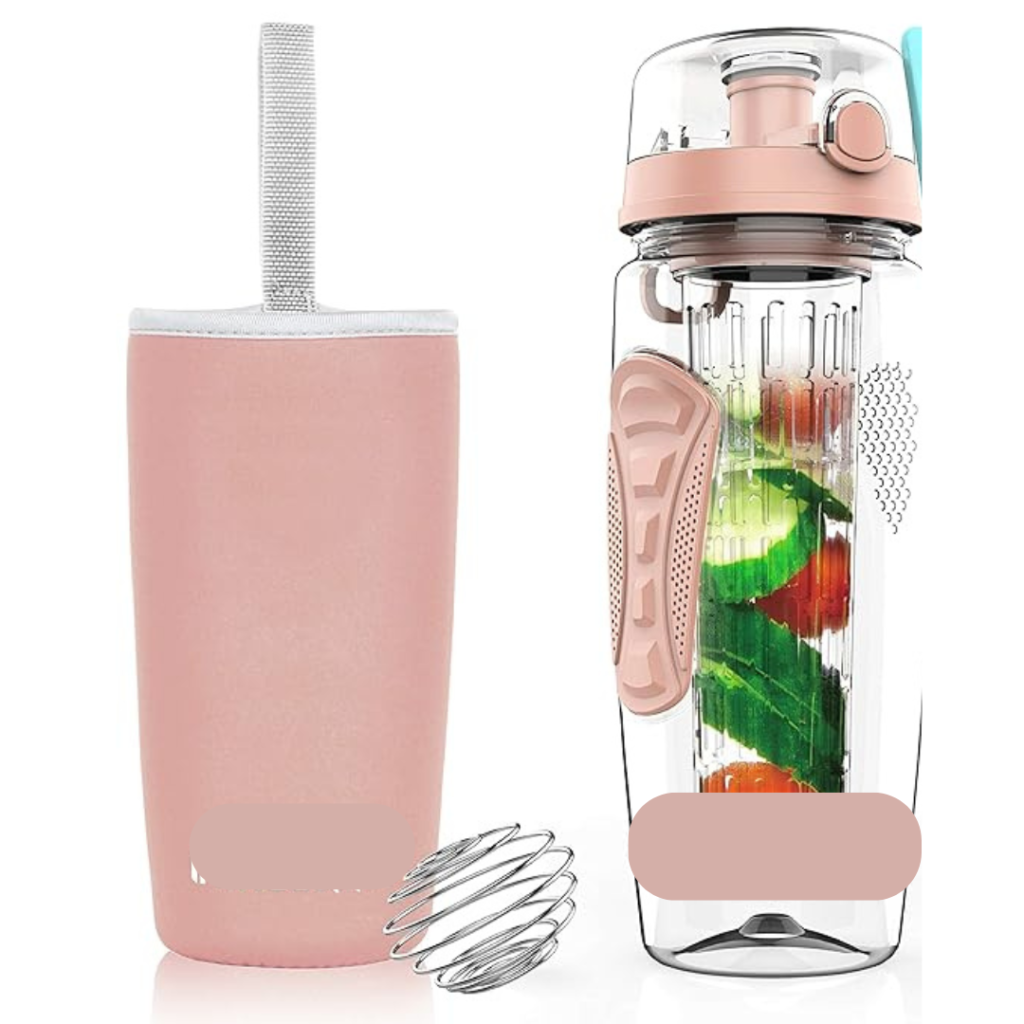In the realm of fitness and exercise, one often hears about the importance of staying hydrated. But what exactly does hydration entail, and why is it so critical during physical activity? This comprehensive guide delves into the physiology of exercise and water balance, highlighting the specific significance of hydration for Indian fitness enthusiasts.
Understanding Hydration:
Before delving into the importance of hydration in exercise, it’s crucial to understand what hydration means. Simply put, hydration refers to the process of maintaining adequate water levels in the body to support optimal bodily functions. Water plays a vital role in various physiological processes, including temperature regulation, nutrient transport, and waste elimination.
Physiology of Exercise and Water Balance
When engaging in physical activity, the body undergoes a series of physiological changes to meet the increased demand for energy and oxygen. One of these changes involves the production of sweat to regulate body temperature. As sweat evaporates from the skin, it helps dissipate heat, preventing overheating during exercise.
However, this process of sweating also leads to fluid loss. If this lost fluid is not replenished adequately through hydration, it can disrupt the body’s water balance, leading to dehydration. Dehydration occurs when the body loses more fluids than it takes in, causing an imbalance in the body’s electrolyte levels and overall hydration status.
The negative effects of dehydration on performance and overall health can be significant. Here are some key points to elaborate on:

-
Impaired Physical Performance: Dehydration can lead to reduced endurance, strength, and coordination during exercise. It can cause muscle cramps, fatigue, and a decline in overall athletic performance. Dehydrated individuals may find it challenging to sustain high-intensity workouts or perform at their best level.
-
Heat-Related Illnesses: In hot and humid climates, dehydration increases the risk of heat-related illnesses such as heat exhaustion and heat stroke. These conditions can be life-threatening and require immediate medical attention. Dehydration reduces the body’s ability to regulate temperature, making it more susceptible to heat-related complications.
-
Decreased Cognitive Function: Dehydration not only affects physical performance but also cognitive function. It can lead to impaired focus, concentration, and decision-making abilities. Dehydrated individuals may experience mental fatigue, difficulty with task execution, and reduced alertness during workouts or other activities.
-
Electrolyte Imbalance: Along with fluid loss, dehydration can disrupt the balance of electrolytes in the body, including sodium, potassium, and chloride. Electrolytes play a crucial role in nerve function, muscle contraction, and fluid balance. An imbalance in electrolytes due to dehydration can further exacerbate the negative effects on performance and health.
-
Increased Risk of Injury: Dehydration can increase the risk of injuries such as muscle strains, sprains, and ligament tears. Reduced fluid intake can lead to decreased joint lubrication and flexibility, making the body more prone to injuries, especially during intense or prolonged workouts.
Importance of Hydration in Exercise
-
Enhanced Performance: Proper hydration supports optimal muscle function and endurance during exercise. Dehydration can lead to muscle cramps, fatigue, and reduced athletic performance. By staying adequately hydrated, individuals can maintain their energy levels and push through challenging workouts more effectively.
-
Temperature Regulation: In the Indian climate, especially during hot and humid seasons, the body faces increased challenges in regulating temperature during exercise. Adequate hydration helps maintain normal body temperature, reducing the risk of heat-related illnesses such as heat stroke.
-
Nutrient Transport: Water plays a crucial role in transporting nutrients and oxygen to muscles and cells. When dehydrated, this transport process is compromised, leading to decreased nutrient delivery and impaired recovery post-exercise.
-
Electrolyte Balance: Electrolytes such as sodium, potassium, and magnesium are essential for muscle function and hydration balance. Sweating during exercise leads to electrolyte loss, which must be replenished through hydration and balanced nutrition.
-
Cognitive Function: Hydration also impacts cognitive function, including focus, concentration, and decision-making abilities. Dehydration can lead to cognitive fatigue, affecting both physical and mental performance during workouts.
Examples of Hydration Strategies
To maintain optimal hydration during exercise, consider the following strategies:
-
Pre-Workout Hydration: Drink sufficient water before starting your workout to ensure adequate hydration levels. Aim to consume at least 16-20 ounces of water 1-2 hours before exercise.
-
During-Workout Hydration: During exercise, sip on water regularly to replace fluid lost through sweat. Depending on the intensity and duration of your workout, aim to drink 6-12 ounces of water every 15-20 minutes.
-
Post-Workout Hydration: After completing your workout, replenish lost fluids by drinking water or electrolyte-rich beverages. Include foods with high water content, such as fruits and vegetables, in your post-workout meal to support hydration and nutrient replenishment.
Best Liquids for Hydration During Workouts
Water is the most basic and essential liquid for hydration during workouts. It helps regulate body temperature, supports nutrient transport, and aids in waste elimination. One can rely on clean, filtered water as a primary source of hydration before, during, and after exercise.

Coconut water is a popular natural beverage in India known for its electrolyte content, including potassium, magnesium, and sodium. It is low in calories and sugar, making it a refreshing choice for hydration during workouts, especially in hot and humid climates.
Electrolyte drinks, such as sports drinks or homemade electrolyte solutions, provide a balance of electrolytes like sodium, potassium, and chloride. These beverages are beneficial for replenishing electrolytes lost through sweat during intense or prolonged exercise sessions.
Homemade Infused Water:
Infusing water with fruits, herbs, or vegetables adds flavor and additional nutrients to enhance hydration. Examples of infused water include cucumber and mint water, lemon and ginger water, or strawberry and basil water, providing a refreshing and hydrating drink option.
In conclusion, maintaining proper hydration is a cornerstone of successful exercise performance and overall well-being for Indian fitness enthusiasts. By understanding the physiology of hydration, recognizing the signs of dehydration, and adopting effective hydration strategies, individuals can optimize their workouts, reduce the risk of heat-related illnesses and injuries, and support their journey towards fitness and health. Stay hydrated, stay healthy, and enjoy the benefits of a well-hydrated body in your fitness journey.




